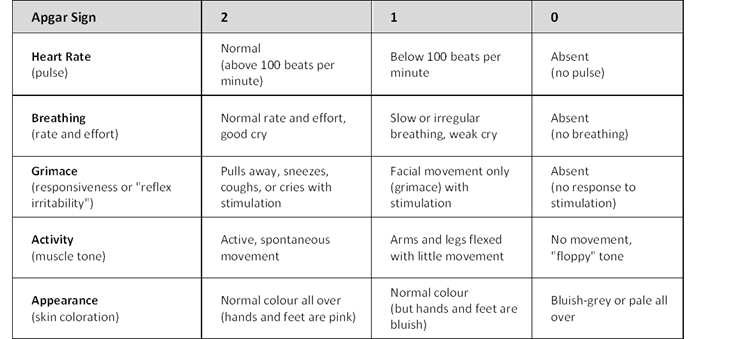How to prepare your child for the gifted and talented test
Top 10 List for Gifted and Talented Test Preparation
Top 10 List for Gifted and Talented Test Preparation
Here is my prescription for GAT success. All of this should be done from birth, but most of us get our acts together when the child is age 3 or 4 or later.
1. Talk A Lot
A gifted test is 75% vocabulary, even the quantitative and spacial sections. A child in a home full of lively discussion will have a bigger vocabulary. If you're not a talker, and your child is not a talker, work through your math and test prep verbally. I hate to say this, being a math guy, but reading is more important to education.
2. Start By Acting Like A GAT Parent
Think about families you know with really bright kids. Image a family of ridiculously bright and successful children, and act like that. Remove TV's, hide screens, stop looking at your email before the kids are asleep, cancel cable, buy a little electric piano, get lots of art supplies.If it takes wearing a tweed jacket with patches and saying things like "indubitably" with one eyebrow raised, well, get with the program.
3. Read As Much As Possible As Early As Possible
The parent should read to the child 30 to 60 minutes each day from birth through 3rd or 4th grade, and that's just the Read-To time. Check out a laundry basket of books on all subjects each week from the library. Look up famous children's illustrators on the web and borrow their books from the library. Don't forget children's poetry. Find a good phonics course, preferably one that has a gifted program in mind.
4. Stop Answering Questions
The gifted and talented test is measuring thinking ability, not knowledge. The test does not require that the child that the child knows anything*, but can think through problems. If you tell your children stuff a lot, they know stuff.If you make them answer their own questions and think through things, then they learn to think, and by the way thinkers end up knowing a lot more because know how to learn.
*The asterisk is there because a child who has a broad vocabulary (don't forget math terms) is going to have an advantage on gifted and talented tests. To resolve the contradiction between not telling and lively discussion, I follow the rule of no telling during math, but during reading I generally talk, tell, demonstrated, etc. in the context of discussions.
5. Get A Stack of Material
Your starting point is a stack of workbooks that your child can do. It's a lot easier to start with 15 minutes a day at age 3 (you'll be lucky to get 15 good minutes at this age), but every child should have some math work, a vocabulary book and another subject standing by. Look beyond school curriculum. This used to be my number one rule under the heading of "Get in the game".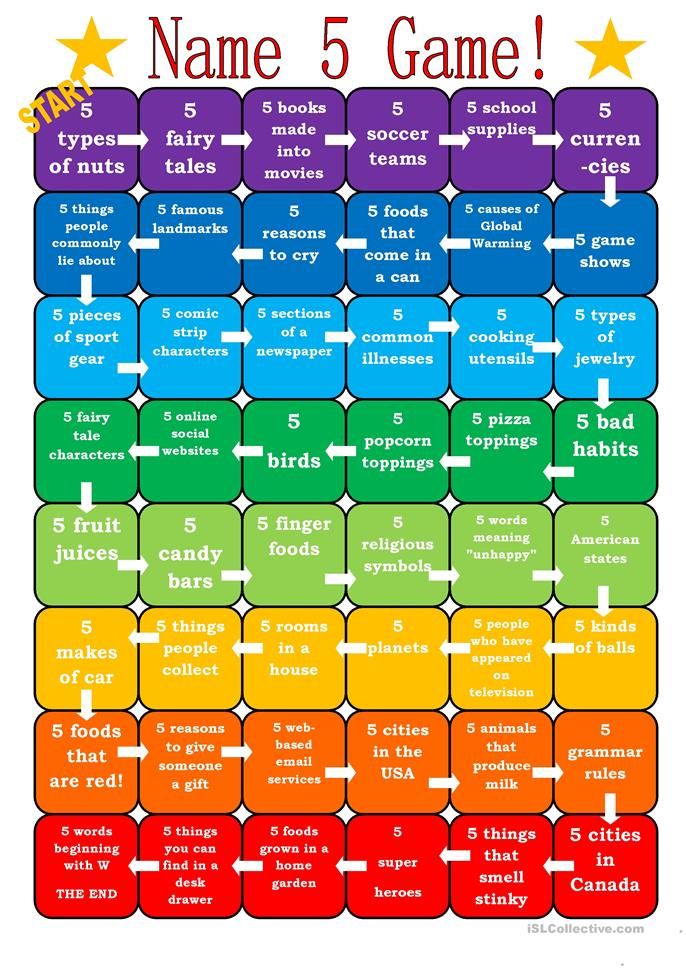
5b. Be prepared To Backtrack
I've never met children who start with the full range of skills needed to work at a reasonable level. A reasonable level to teach thinking is a level where the child will be totally stuck. If you are working on advanced math and your child gets to an unknown and insurmountable concept, take a break for a few weeks to cover the concept. If your child is struggling with figure matrices, spend a few weeks just looking at the top row.
6. Be Tough And Nice At the Same Time
When you start using the right level test prep material, occasionally backtracking, your child might start out totally baffled because he has never been asked to think before, and you'll get "I can't do this", crying and whining. I expect about 6 weeks of this for most children. Many older kids don't have the tools to understand a question or a diagram.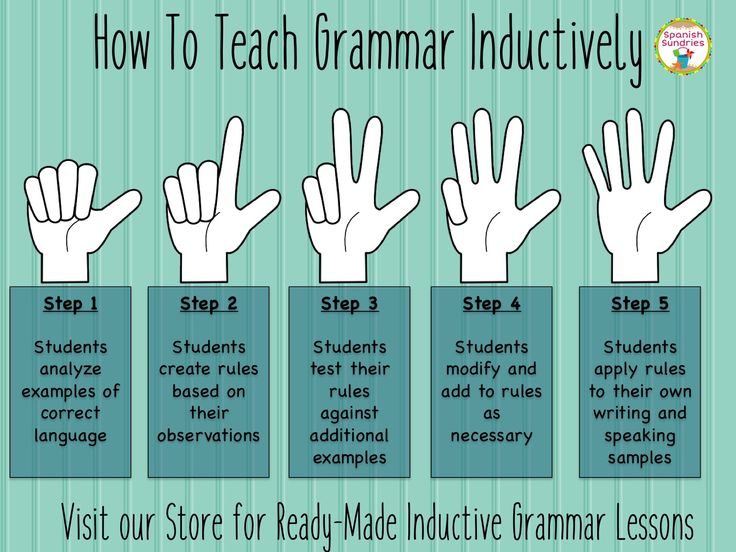
On the mean side, if the child doesn't understand the question, he has to read it again, and again, and again one word at a time. If it's a diagram, the child has to explain it in detail. I've answered "I don't understand this" with "Then explain it to me" at least 200 times.
On the nice side, of course they don't get it. It's too hard. They'll get the wrong answer 5 times, and you'll probably have to backtrack. Eventually both parent and child will learn that it's not punishment to think through a hard problem for 20 minutes, as opposed to doing 20 uselessly easy problems in that same time, and thus both will learn the secret of GAT. Keep a bag of skittles or an easy workbook standing by for bad days.
Some day when I have time I'm going to publish the top 10 list for teaching grit and it will look a lot like this list, starting with #5.
7. Create The Word Board
Start posting new words on the refrigerator or a poster board with "Word Board" at the top, and drag your child in front of it once or twice a week to see if any words can come down.It's a good way to catch up in vocabulary and school subjects like science. It's a good way to teach public speaking. It's good for memory.
When you come across related words, feel free to add them.
Having you child announce the definition is just the start. Think of the child as the CEO of Learning Inc., and you're a tough Board of Directors. If the child knows the definition of a word, ask for synonyms, kind of, part of, used by, used while and other types of analogies and classifications, and throw in history, etymology, and Greek or Latin roots while you're at it.
This is not an alternative to flash cards or practice books. This is a whole different lifestyle choice.
8. Set Your Expectations At Zero*
On any given day, you have no idea how your child is going to perform. There are numerous cognitive skills at work, interacting with grit and working memory, which vary each day as well depending on a lot of factors like sleep, exhaustion, and health.You have no ability to measure any of this accurately. If your child finds out that he is not meeting your expectations, a bad situation is going to get worse.
*Does not apply to behaving, turning in homework, being nice to siblings, chores, practicing the instrument, putting shoes on. Not available in all parent moods. Other terms and conditions apply.
9. Start Out Slowly
In almost every case, the material I chose for the main curriculum takes about 2 or 3 weeks to get through the first lesson. When I said "workbooks your child can do" in item #5 above, I meant "workbooks your child can't do". No one learns anything with material they already know. A grade level child might spend 20 minutes on 2 pages, but a child 2 years behind is going to take 45 minutes for a single page and get most of it wrong. The pace quickens over the succeeding months, almost magically. The child is stuck doing this hard material, and they learn to do it, because they have no choice.Kids tend to get better with whatever they work at on a daily basis and eventually the pace quickens on its own.
10. Don't Forget The Second Child
I've noticed some parents appear to burn out after lavishing so much attention on the first child, and 95% of children in GAT programs are the oldest child. It should be easier with the younger ones, even though they get at most 50% of the attention that their older sibling enjoyed, but they get a parent who has more experience.
Home
Subscribe to: Posts (Atom)
Gifted and Talented Tests - TestingMom.com (2022 Update)
What are Gifted and Talented Tests?
- SB5 – Stanford-Binet Intelligence Scales, Fifth Edition
- WISC-IV – ECAA
- WISC-V – ECAA
- WPPSI-III
- WPPSI-IV
- AABL – Admissions Assessment for Beginning Learners
- CCAT – Canadian Cognitive Abilities Test
- Chicago CPS – Regional Gifted Centers
- CogAT – Cognitive Abilities Test – Form 6
- CogAT – Cognitive Abilities Test – Form 7
- Fairfax County AAP
- Houston G&T Testing (Vanguard Program)
- InView
- KBIT-2 – Kaufman Brief Intelligence Test-2
- NNAT-2 and NNAT3 – Naglieri Nonverbal Ability Test
- OLSAT – Otis-Lennon School Ability Test, Eighth Edition
- Raven’s Matrices
- RIAS and RIAS-2 – Reynolds Intellectual Assessment Scales
- SAGES-2
- Spatial Test Battery (STB)
- TTCT – Torrance Tests of Creative Thinking
- BSRA – Bracken School Readiness Assessment
- CTP – ERB Test
- ISEE – ERB Test
- ITBS – Iowa Test of Basic Skills
- SCAT – School and College Ability Test for Johns Hopkins CTY
- TerraNova, Third Edition
- WIAT-III – Wechsler Individual Achievement Test-III
- Woodcock-Johnson III Tests of Achievement
- Woodcock-Johnson IV Tests of Achievement
Many of these GT tests cover similar concepts – such as verbal and nonverbal reasoning – but the question formats between the GT tests can vary significantly. For the best possible results, it’s important to tailor the preparation process to the specific test your child will be taking. In addition, you will want to go about the preparation process differently depending on the age of your child. Below, you can find prep tips for both older and younger children.
For the best possible results, it’s important to tailor the preparation process to the specific test your child will be taking. In addition, you will want to go about the preparation process differently depending on the age of your child. Below, you can find prep tips for both older and younger children.
Do you have prep for the GT Test?
There are many tests used for G&T (Gifted and Talented) programs. Regrettably we do not know the specific test for many districts, so we do recommend you reach out to your district to get information regarding the test used. If they will not provide the test name, they may describe the test. With over 30 tests used Worldwide, it is impossible to prep without some guidelines regarding at least the type of test to be used. (Abilities, Achievement, Intelligence Scales/IQ) Please get back to us with the information they do provide so we can guide you accurately.
Sample GT Practice Test Questions
Want to try us out? Sign up for a free account today and get 100 practice questions.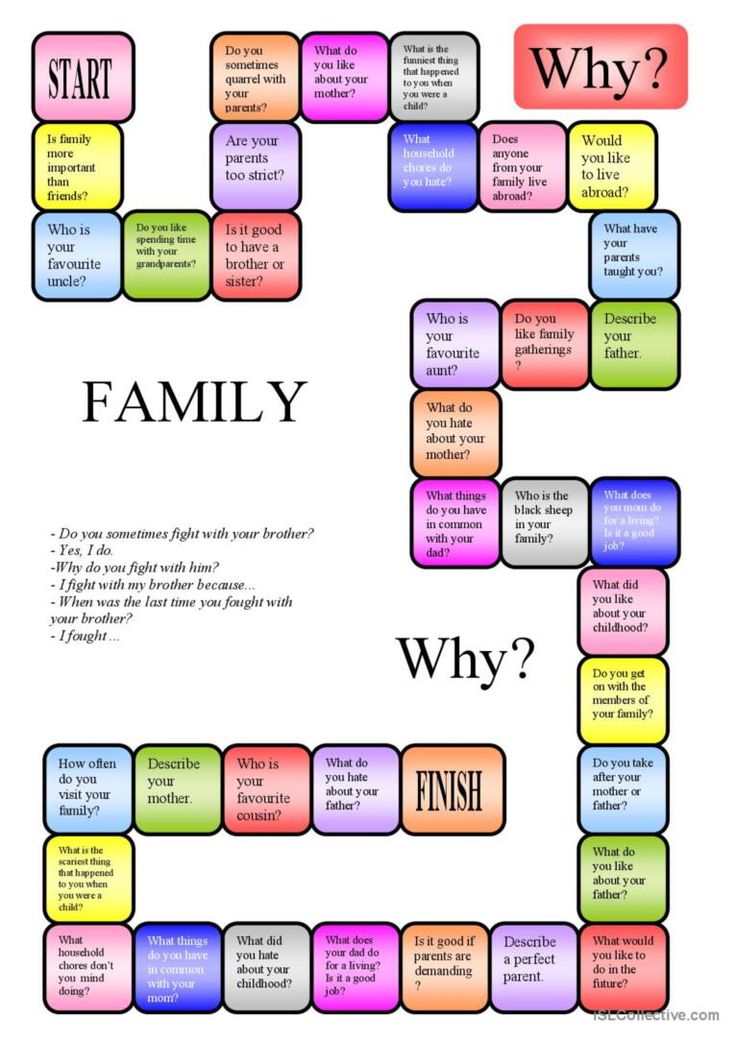
100 Free Gifted Practice Questions
Yes! I'd like to hear about services and offers from TestingMom.com that can help my child Ace the Test
No, thanks
Privacy Protected - We do not sell or share your information with anyone.By submitting you agree to TestingMom.com's terms of use.
Tips for Younger Children, who are Testing for the First Time
- Avoid the “T” word when preparing! When doing test prep activities, call what you’re doing “brain games,” “special homework,” “puzzles” or something fun and motivating to your child. You want to take all the stress out of your preparation and (in most cases) it helps to avoid the word “test.” Here’s the only exception – some parents have had good luck telling their children that the “special work” they were doing was to prepare for “The Future Scientists of America Test” or for “The Princess Test” (or whatever your child aspires to be when she grows up).
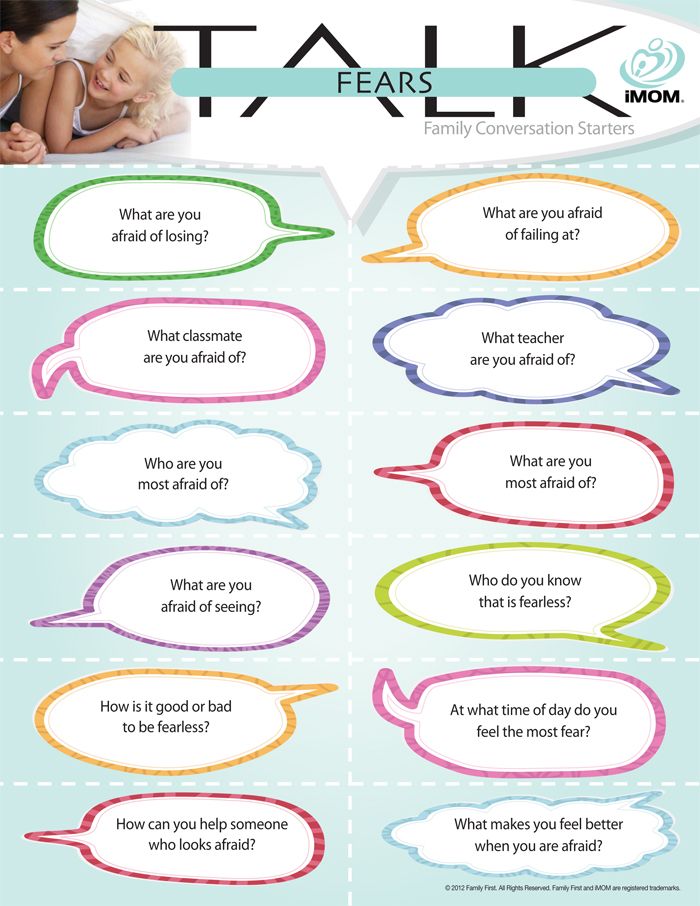 When it comes to explaining what he will be doing on “Test Day,” you can say something like this: “You’re going to be meeting with a special teacher who wants to know everything a 4-year-old knows. She’s very nice and loves little kids, just like your teacher Mrs. Jones. So just go in there and show her everything 4-year-olds like you know, and you’ll do great. Do your very best to show her how smart 4-year-olds are!”
When it comes to explaining what he will be doing on “Test Day,” you can say something like this: “You’re going to be meeting with a special teacher who wants to know everything a 4-year-old knows. She’s very nice and loves little kids, just like your teacher Mrs. Jones. So just go in there and show her everything 4-year-olds like you know, and you’ll do great. Do your very best to show her how smart 4-year-olds are!” - Keep your test prep fun and playful. Anything you can do to make your test prep feel like a game to your child will motivate her to prepare!
- Mix up your test prep activities. This tip goes hand-in-hand with the tip above. Young children have a hard time focusing and paying attention to printed practice questions or workbooks. If your child starts to lose interest working through questions, switch over to one of our online games that is designed for the test you are preparing for. By moving to different prep activities, your child will strengthen his focusing skills (see next tip!), build up his test stamina, and have fun at the same time.

- Work on focusing skills. Early childhood tests can take as long as an hour. That’s a long time for a little one to pay attention. To help your child focus, time how long she can focus during your first practice session using a fun egg timer. Then, the next time you prep, tell your child, “Yesterday you paid attention for 15 minutes. Today, let’s see if you can focus for 18 minutes.” Allow your child to set the timer. If she can pay attention for the full 18 minutes, give her a small reward like a sticker or temporary tattoo. The next day, let her set the timer for a longer session. Each day, increase the time you work together until your child is able to do test prep activities (which can be varied) for 45 minutes to 1 hour!
- Work on listening skills. Most early childhood tests have questions that are read aloud to children – then, the child must choose the picture that answers the question. For most tests, the questions can only be read aloud once.
 Kids must listen to what is being asked, remember the question, and then choose an answer. When you first start preparing, tell your child to “Put on your listening ears” before you ask a practice question – be sure they are “prepared to listen” before you ask the question.
Kids must listen to what is being asked, remember the question, and then choose an answer. When you first start preparing, tell your child to “Put on your listening ears” before you ask a practice question – be sure they are “prepared to listen” before you ask the question.
Tips for older Children Taking Gifted and Talented Tests
- Tap into your child’s own motivation to get into the gifted program or private school. With younger kids, we rarely tell them that they are practicing to take an important test. We don’t want to stress them out, and for very young kids, they can’t process the importance of doing well on a test that will get them admitted to a better school program. It’s different with older kids. Often, they are coming from a place of being bored in their classroom. Or they have a friend or older sibling who is already in a gifted program or private school that they want to join. If this is the case, your child is old enough to understand that practicing the types of questions that she may see on a group intelligence or achievement test can help them do better and can get them into the program they want.
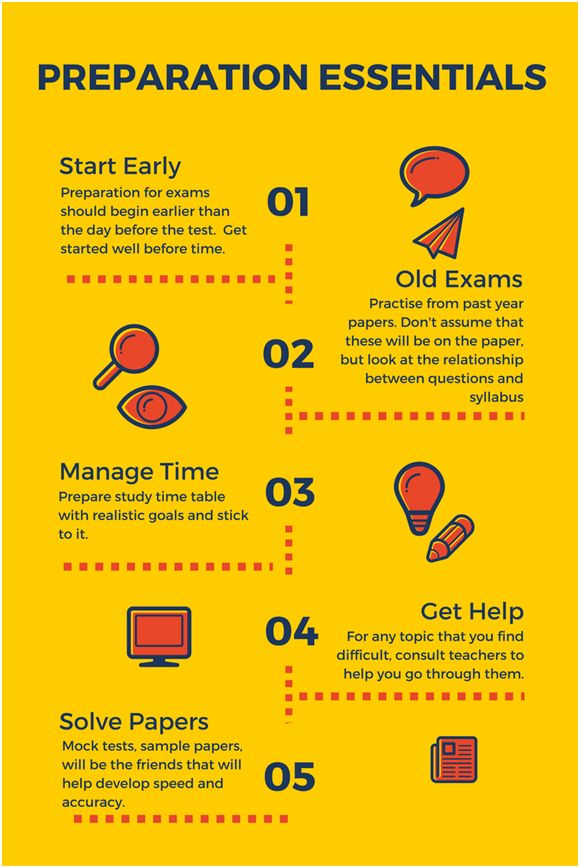 If your child wants to get into the program, it will be easier to motivate her to do the practice questions that will help her excel.
If your child wants to get into the program, it will be easier to motivate her to do the practice questions that will help her excel. - Make sure your child practices each type of question he’ll see on the test. Most tests are comprised of a number of different subtests – each with a different type of question – that make up the whole test. When doing practice questions, make sure your child gets experience with each type of question that will be on the test. This way, he won’t need to spend valuable time during the test itself trying to figure out what he’s being asked to do.
- Help your child avoid some of the most common mistakes in test-taking. For example, kids rush through the questions, they don’t consider all answer choices, they don’t eliminate absolutely wrong answers before they guess, they skip questions that are too hard, they lose focus, they don’t read directions, and more. Your child will lose valuable points if she makes these common mistakes, and they can be avoided if you gently correct your child when she makes them during practice.
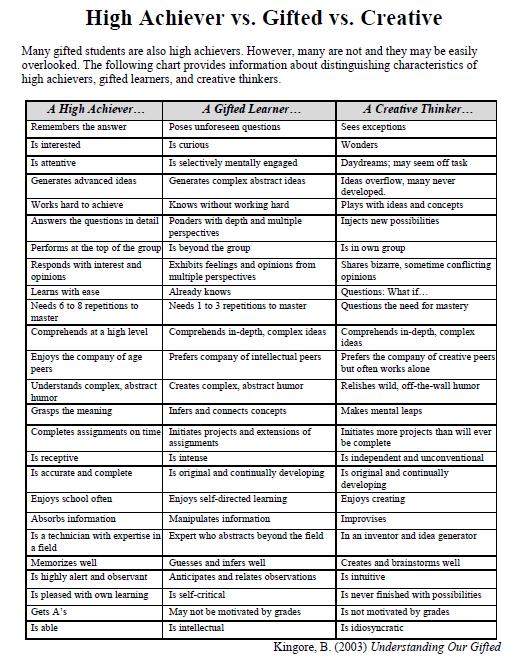
- Start with questions that are too easy for your child, then do grade level, then do one grade ahead. No matter what grade your child is in, always start with questions that are too easy for him – at least one or two grade levels below your child’s grade if possible. This will give your child confidence that he can handle the questions. Let your child work up to grade level and then go at least one grade level ahead if he can do these questions without frustration. Often questions build on concepts introduced in easier questions, so doing this helps kids handle the tougher questions more readily.
- Practice Filling Out a Bubble Sheet. As kids get older, they are required to fill out separate bubble sheets when they take important tests. Give your child practice ahead of time. Kids lose points if they don’t fill bubbles in correctly, or if they lose track of the question they are on and fill in the wrong bubble. Sometimes kids spend so much time filling in bubbles perfectly that they lose test-taking time – and these tests are timed!
100 Free Gifted Practice Questions
Yes! I'd like to hear about services and offers from TestingMom. com that can help my child Ace the Test
com that can help my child Ace the Test
No, thanks
Privacy Protected - We do not sell or share your information with anyone.By submitting you agree to TestingMom.com's terms of use.
See if TestingMom.com supports your child’s test by your school district. If you don't see your child's school district listed, check with us! We have practice for other tests as well.
How to reveal talent in a child
Read: 2 min.
I know very well that I have no special talent - curiosity, obsession and stubborn endurance
combined with self-criticism led me to my ideas.
Albert Einstein
Parents seek to discover in their child the giftedness and inclinations of a future genius. Why? How to do it? And is it worth it? We discuss talents and potential in today's article.
Why parents strive to reveal their child's talent
Loving a child and wishing him happiness is an essential property of a parent. There are, of course, exceptions to this rule. But most parents strive to raise a happy, independent and successful person. Therefore, from early childhood, they try to catch the potential abilities that will develop at an older age, to see the beginnings of talent or even genius, in order to help the child find a place in life.
There are, of course, exceptions to this rule. But most parents strive to raise a happy, independent and successful person. Therefore, from early childhood, they try to catch the potential abilities that will develop at an older age, to see the beginnings of talent or even genius, in order to help the child find a place in life.
Few people think that under the desire to discover and develop a child's talent so that in adulthood he succeeds in his business, there is also a certain amount of egoism. Firstly, a person who "stands firmly on his feet" is more likely to support his parents in old age than someone who has not arranged his own life. If a grown child has the desire and opportunity to help parents, then parents will be able to rely not only on themselves and the state, but also on their children. We are talking not only about material assistance, but also about help in solving everyday problems and just psychological support.
On the other hand, there is an implicit social pressure: the success of parents is judged by the achievements of children.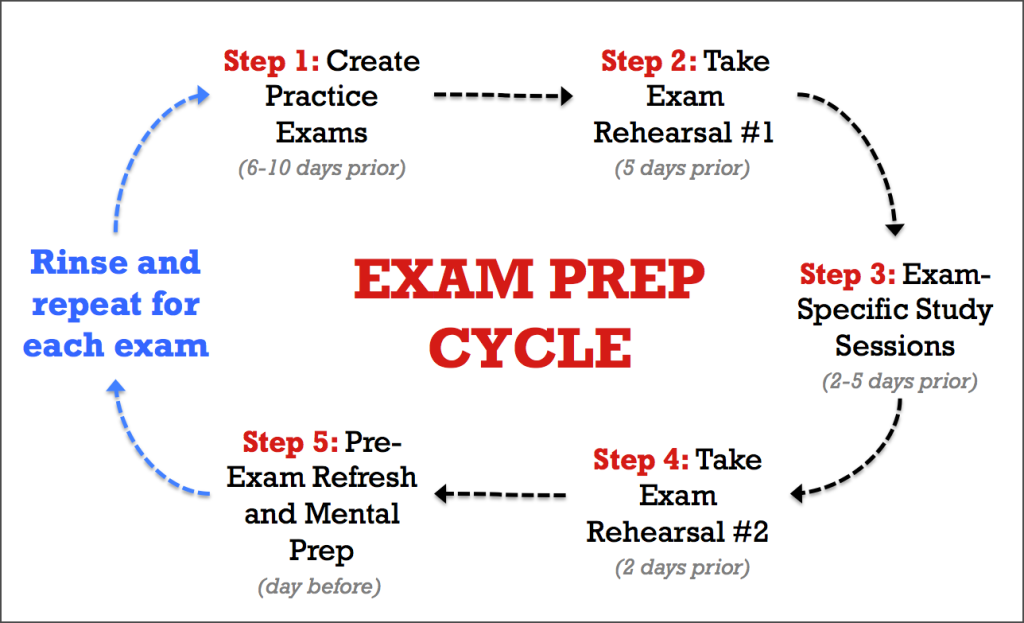 Mother of adult children to the question "How are you?" will tell not only about himself, but also about what the children are doing now, where they study and work, how successful they are. It is also worth remembering these facets of parent-child relationships: we help not only our children, but also to some extent ourselves.
Mother of adult children to the question "How are you?" will tell not only about himself, but also about what the children are doing now, where they study and work, how successful they are. It is also worth remembering these facets of parent-child relationships: we help not only our children, but also to some extent ourselves.
Let's look at how parents can see the strengths of the child, so that in adulthood he will become a successful engineer, actor or biologist.
How to discover a child's talent yourself
A parent is the best helper and mentor for a child. In addition to parents, teachers can also see the potential of a future champion or Nobel Prize winner, but, of course, the influence of parents on a child is much stronger. Therefore, it is possible to identify the makings of a child at home.
1. Observe and encourage
The best thing a parent can do is to keep a close eye on the child's games and activities. If a child loves to draw, this does not mean that he will become an artist or designer. But if you notice how well he does and give him paint in time, then the probability of discovering an artist in him will increase.
But if you notice how well he does and give him paint in time, then the probability of discovering an artist in him will increase.
2. "Let the kids burn their fingers"
A Japanese proverb says that a child needs to learn from their mistakes and be able to make mistakes. At a younger age, the parent decides to engage the child in dancing, chess, judo, or nothing. Because, firstly, the child cannot yet choose on his own, and, secondly, sections and circles require time and money from parents, that is, they concern not only the child himself. But when the child grows up, he can be given complete freedom in choosing additional activities. If he chooses 3 mugs and drops 2 of them, it will be his own invaluable experience. Through trial and error, he will find the right path to self-realization.
3. Leave your ambitions
Your child and you are two different people. Therefore, on the one hand, do not look for a musician in him if you yourself dreamed of playing in a rock band.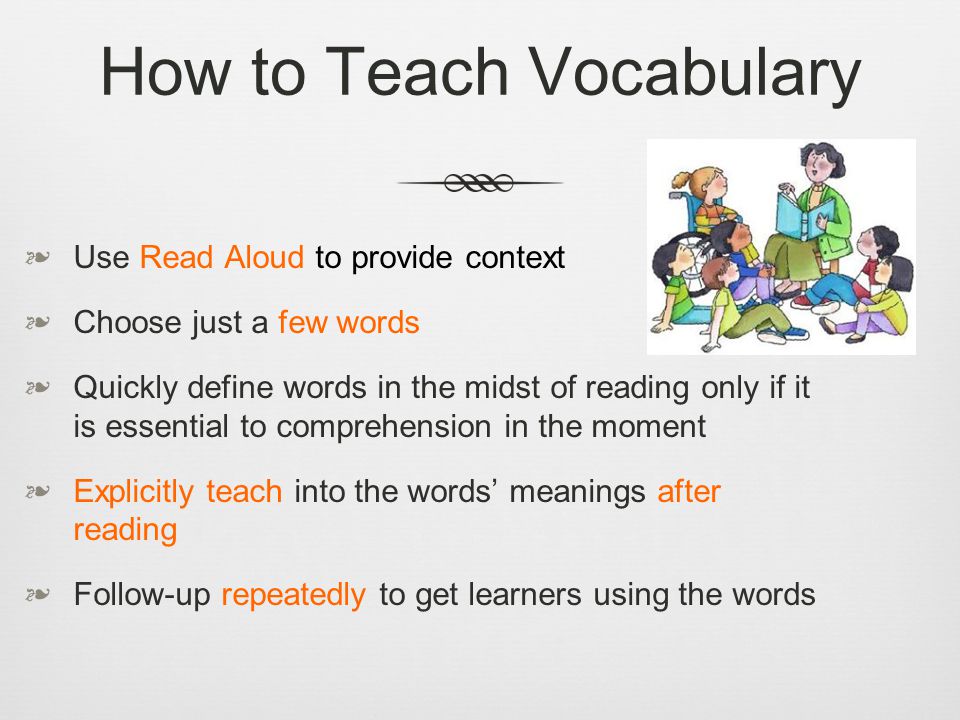 Maybe he's just a talented auto mechanic. Do not realize your ambitions through a child. On the other hand, even if the child shows interest in sports, he shows promise, do not load him with four workouts a day so that he becomes a junior champion tomorrow. The day after tomorrow, he may be tired of parental pressure and "break down" from excessive stress.
Maybe he's just a talented auto mechanic. Do not realize your ambitions through a child. On the other hand, even if the child shows interest in sports, he shows promise, do not load him with four workouts a day so that he becomes a junior champion tomorrow. The day after tomorrow, he may be tired of parental pressure and "break down" from excessive stress.
How to discover talent in a child, tips and warnings
You know that some diligent parents bring up a genius in a child. But geniuses are not always successful and happy in life, the depth of knowledge or mastery in one area is often compensated by other competencies - social or volitional. If parents persistently prepare a child for the profession of a musician, then the chances of succeeding in music will be great. But at what cost?
We, as specialists in psychology, believe that the most correct way of development for a child is a harmonious combination of qualities. It is important not to cultivate one or two skills, but to work on both the strengths and weaknesses of the personality. There are many examples when, in adolescence, a person wants to do a new thing - for example, sports, but he sorely lacks the necessary skills. It is very difficult to enter a technical university if your parents raised you as a humanist. It is possible to make up for lost time only by the exertion of all forces.
There are many examples when, in adolescence, a person wants to do a new thing - for example, sports, but he sorely lacks the necessary skills. It is very difficult to enter a technical university if your parents raised you as a humanist. It is possible to make up for lost time only by the exertion of all forces.
Will a specialist psychologist help to reveal the potential of a child?
Over the past 15 years, professional diagnostics has been using the tools of neuropsychology - a direction in psychology that studies the connection between the functioning of the brain and mental processes.
Neuropsychologist in a playful way and with the help of special exercises determines how the mental functions of a child or adolescent work: attention, memory, thinking, speech, auditory, visual and tactile perception, spatial representations, voluntary regulation and control, motor sphere. The structure of the child's brain activity suggests which direction of activity will be given to him most easily.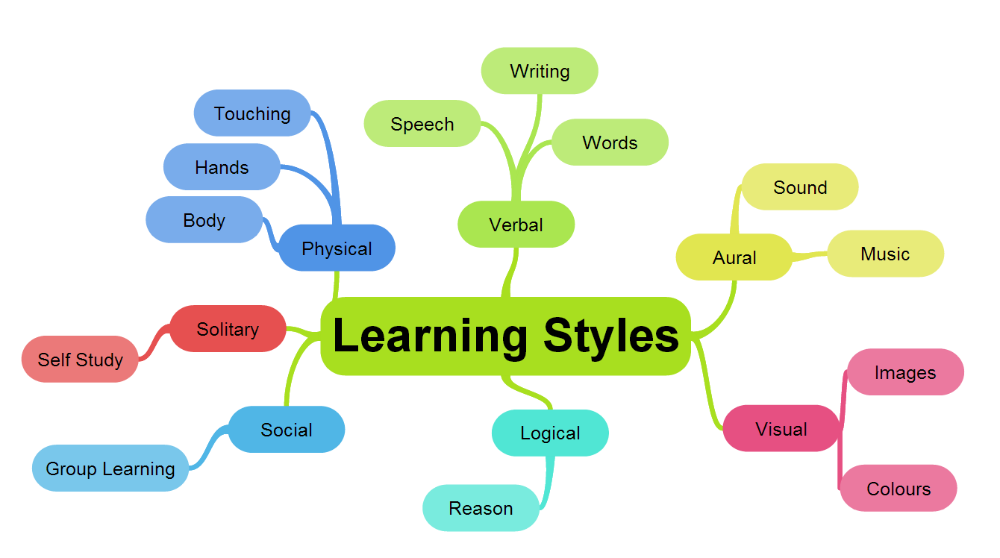 At the consultation, a neuropsychologist helps children of different ages: in preschool and primary school age - with a choice of circles, sections and other additional classes, for middle and high school - with a choice of training profile.
At the consultation, a neuropsychologist helps children of different ages: in preschool and primary school age - with a choice of circles, sections and other additional classes, for middle and high school - with a choice of training profile.
What is very important - if a child has brain disorders that are invisible to parents, then a neuropsychologist will identify them and advise on options for correction. There are really many people with implicit dysfunctions, and only in childhood these violations can be corrected with the help of simple exercises. Timely diagnosis and developmental education will expand the child's opportunities in the future, when it will be necessary to choose a life's work.
Ability test
To determine the child's abilities, knowledgeable parents go to a neuropsychologist, but you can start with ability tests that are available on the Internet. On our website you will find proven free tests for children:
| Activity profiles The test will help you choose mugs and sections for your child.
|
As the talented Einstein advised, we wish you to bring up a harmonious personality, and just a happy person.
Author: Olga Bikkulova, Center for Humanitarian Technologies
If you want to receive the latest articles on education, subscribe to our newsletter .
how to find the key to success
What is gifted? Giftedness is too general a term. Before developing talents, you need to understand how the abilities of a young talent are manifested. A child can sing, dance, draw well, show a craving for the exact sciences, information technology.
How to do it? The development of gifted children is the responsibility of parents. Giftedness in itself does not guarantee stunning success in the future, if you do not deal with the child, do not direct his activity in the right direction.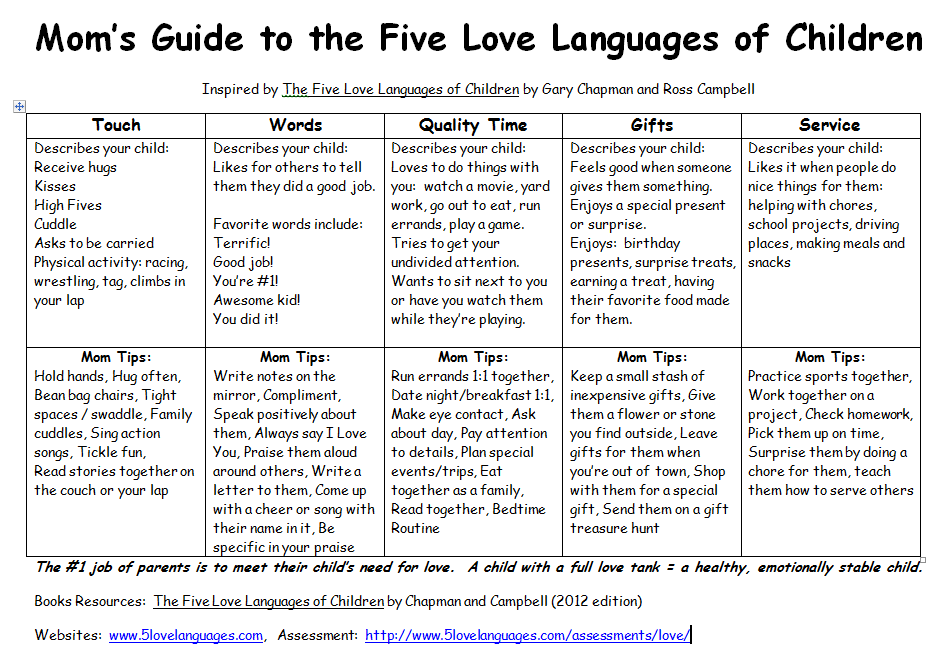
The article tells:
- Who are gifted children
- Revealing talent in gifted children
- Developmental challenges for gifted children: what parents may face
- Proper upbringing and development of gifted children
- Development of gifted children in the field of information technology
- Learning at GeekBrains is the best way to develop gifted children
-
Take the test and find out which field suits you:
IT, design or marketing.Free from Geekbrains
Who are gifted children? The outstanding educational psychologist J. Renzulli explained giftedness as a combination of potentially high intelligence with perseverance in achieving goals and creative thinking.
The problem of the development of gifted children worried people in ancient times, when philosophers thought about the meaning of the terms "genius", "talent", "giftedness". Later, from the German “miracle child”, another name appeared for extraordinary children - a child prodigy. All these concepts should be distinguished.
Later, from the German “miracle child”, another name appeared for extraordinary children - a child prodigy. All these concepts should be distinguished.
Prodigies are young talents who differ from their peers from an early age and make phenomenal cultural or scientific achievements. There are many examples in history that still amaze mankind. In particular, the famous composer Wolfgang Amadeus Mozart wrote plays when he was still five years old, and by the age of nine he had created a symphony.
By the age of 12, Pablo Picasso was already called an established artist, and at sixteen he opened his first exhibition. The now famous mathematician Blaise Pascal wrote a scientific treatise at the age of nine.
The birth of a child prodigy is a unique case, while two out of a hundred children can be gifted. However, the potential that is born in them from an early age may not even be noticed, but it can also be developed into talent. If a child is clearly succeeding in some kind of activity, this does not mean at all that only this direction needs to be worked out.
Talented people are said to be talented in everything. That is, parents need to comprehensively enrich the little personality, focusing on special abilities.
In psychology there is a conditional division of types of giftedness:
- Intellectual . Such giftedness is endowed with children who are able to analyze and classify information, think critically and are able to concentrate on one action for a long time. They are observant, have a high level of intelligence and make special progress in the study of a particular subject, and then a certain area.
- Academic . This talent is characteristic of children with excellent memory. Knowledge comes easily to them. Academically gifted students receive positive emotions from the learning process and can independently master any material, and are often able to master the program of the current academic year much faster than their peers.
“I want to be like Steve Jobs or Mark Zuckerberg!” the child says.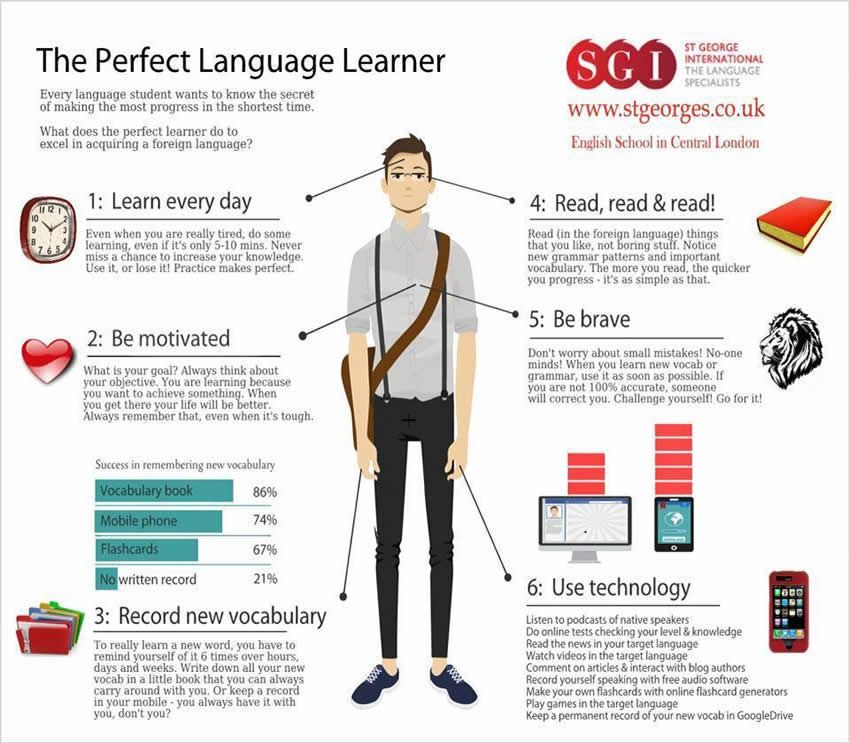 Well, great choice! If you want to, so that your child keeps up with the times and has a successful future, we advise you to prepare it now, from an early age.
Well, great choice! If you want to, so that your child keeps up with the times and has a successful future, we advise you to prepare it now, from an early age.
How to teach a child to code to help him become a sought-after and highly paid pro, GeekBrains experts talk at a free online conference for parents and educators.
At the conference you will learn:
- How best to prepare a child for IT at school. We will tell you how education differs in secondary and senior classes.
- What are the opportunities for self-realization of children interested in learning IT, even if they do not have mathematical abilities.
- That IT is not only programming and you will figure out what are the directions inside and what the difference between them.
- What key skills need to be developed now to lay a solid foundation for years to come.
Upon registration, you will receive as a gift document:
Register, come to the conference and download the gift:
1517 parents have already downloaded
- Creative .
 The propensity for any kind of creation is characteristic of children who are creatively gifted. It is their special thinking and developed imagination that help them achieve success in creative activities. Such children are noted for musical, dancing, writing, acting or artistic talent.
The propensity for any kind of creation is characteristic of children who are creatively gifted. It is their special thinking and developed imagination that help them achieve success in creative activities. Such children are noted for musical, dancing, writing, acting or artistic talent. - Social . A characteristic feature of socially gifted children is a set of qualities that help them quickly adapt to any social environment. An increased level of emotional intelligence and innate intuition give them self-confidence when dealing with people of any age and position. These are attractive individuals with stable leadership inclinations and leadership abilities.
- Psychomotor . Such children are ahead of their peers in general physical development. Their body has outstanding physical reserves, due to which they easily succeed in sports.
Identification of talent in gifted children
It is known that talent is not just some outstanding ability.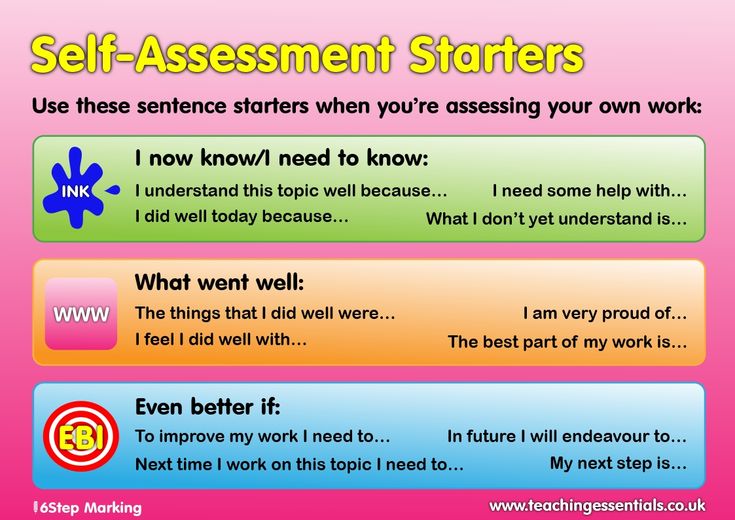 For the formation and consolidation of talent in a person, several qualities must be combined at once:
For the formation and consolidation of talent in a person, several qualities must be combined at once:
- enthusiasm;
- character warehouse;
- desire to train a skill.
Even if all these qualities are inherent in a child, sometimes without proper training and upbringing, talent can gradually fade away. Therefore, maintaining a keen interest in one's extraordinary abilities is perhaps one of the important conditions for the development of gifted children.
There are cases when a child, not having a natural predisposition to any business, is so carried away by it that later, with the support of parents and teachers, he develops his abilities to the stage of giftedness.
In Flexible Mind, Stanford University professor Carol Dweck explains why people with flexible minds (with a growth mindset) believe that qualities can be developed by systematically working on themselves, and the initial level of intelligence and talent is just a starting point .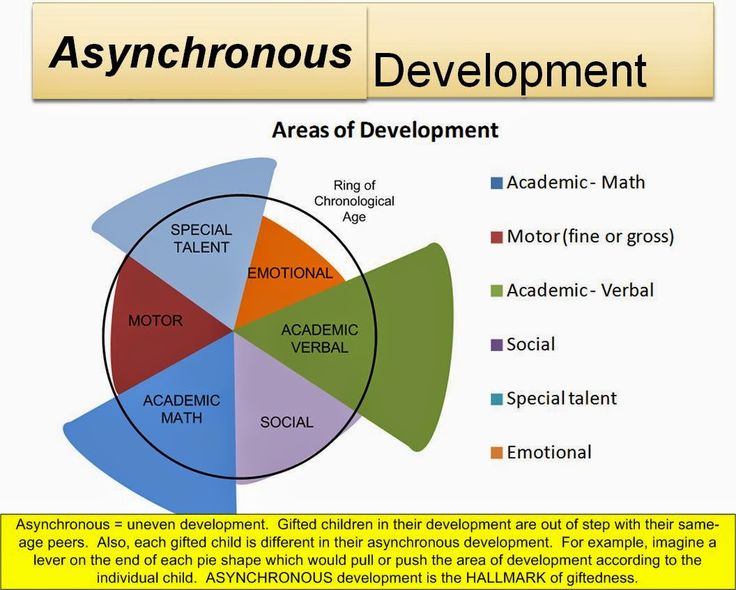 And the encouraging position of an adult always contributes to the desire to develop abilities.
And the encouraging position of an adult always contributes to the desire to develop abilities.
Top 30 most demanded and highly paid professions 2023
Helps to understand the current situation on the labor market
A selection of 50+ resources about the IT field to learn new things about IT
TOP 50+ services and applications from Geekbrains
Safe and reliable programs for work today
pdf 3.7mb
doc 1.7mb
Already downloaded 19987
There is a simple test for parents: you need to remember and write down 10 talents of the child. Most often, moms and dads notice the most obvious abilities and write down about 5 points. First of all, bright talents are noted: the child sings great, makes progress in the exact sciences, or is able to compose poetry. But giftedness can also be based on ordinary features that are not immediately evident.
For example, the child starts talking early, shows the ability to analyze information and classify objects, carefully reads dictionaries and encyclopedias, or likes to organize peers during play.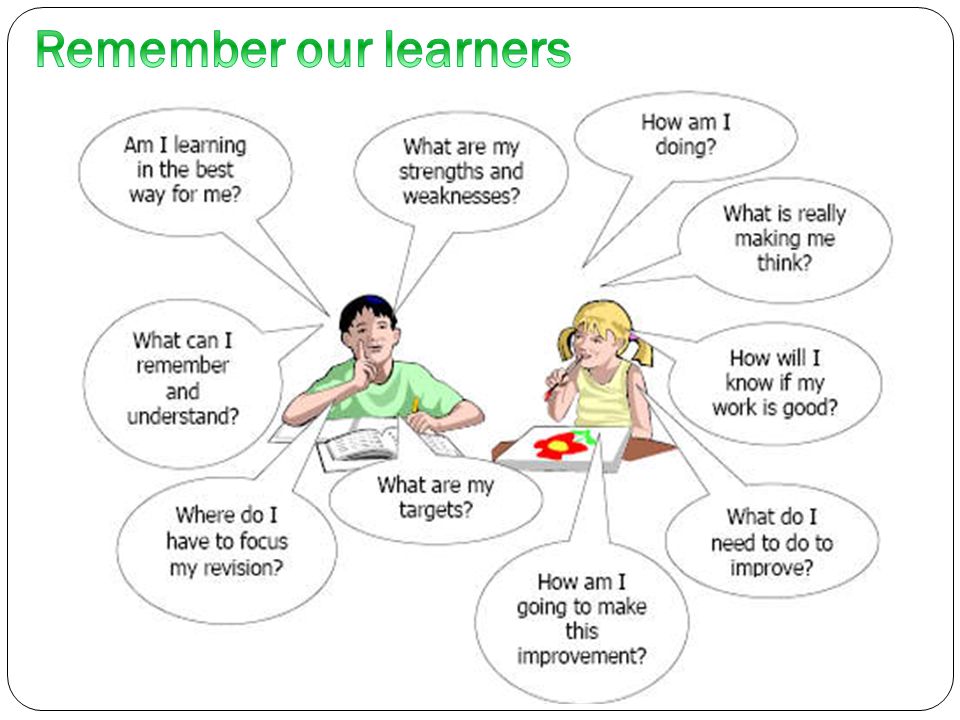
It happens that a child's characteristics are annoying: he is hyperactive and overly curious, or, on the contrary, lazy and in no hurry. In this case, it is necessary to try to find out the reasons for such behavior and help the child turn them in the right direction, consolidating the strengths of a gifted child.
Problems in the development of gifted children: what parents may face
Stereotyped thinking and behavior are not characteristic of gifted children. Therefore, if you want to develop and support the giftedness of a child, you should not force him to be like everyone else, to adjust to the standards of the education system, not paying attention to individual characteristics. How are gifted children different from classmates?
- Unique thinking . Gifted children show the ability to make independent judgments early, do not hesitate to express their own opinion and stick to their own plan of action.

- Different speed of information perception . Sometimes gifted children can solve several problems at once, processing a huge amount of information at the same time. Sometimes they immerse themselves in one topic for a long time, carefully analyzing and studying every detail.
- Obsession . Such children can often concentrate too deeply on the study of the issue of interest to them. Immerse yourself in its study, neglecting all other matters.
- Communication difficulties . Although outwardly gifted children may be no different from their peers, they often do not find a common language with them, as they feel their exclusivity and even superiority. Due to difficulties in communicating with peers, gifted children may be drawn to friendship with older people. However, hierarchically, a child cannot be a leader in a circle of adults, which can make him lose interest in communication in principle and withdraw into himself.
- Request for adult attention .
 Increased intellectual activity makes gifted children constantly explore and analyze something. Naturally, they ask endless questions of the adults around them. Teachers and parents must stock up on remarkable patience, raising such a child.
Increased intellectual activity makes gifted children constantly explore and analyze something. Naturally, they ask endless questions of the adults around them. Teachers and parents must stock up on remarkable patience, raising such a child. - Protest . Sometimes adults do not give free rein to a hyperactive child, preventing them from realizing their desire to learn new things and suppressing leadership qualities. Gifted children can react defiantly and even aggressively to such injustice towards themselves.
- Motor skills lag behind mental activity . Rapid intellectual activity, flexibility of thinking and disinhibition of mental processes sometimes prevent gifted children from concentrating on boring activities. For example, they are often in a hurry to write down everything they think, but they think at lightning speed. As a result, the hand does not keep up with the brain, and illegible handwriting becomes the result of such a discrepancy. In protest, the child may simply refuse to do written assignments.

Accurate tool "Wheel of Competence"
For a detailed self-analysis on choosing an IT profession
A list of blunders in IT that immediately get fired
Few people talk about this, but everyone should know this
Mini- test of 11 questions from our personal psychologist
You will immediately understand what is currently hindering your success
Register for a free intensive to start understanding IT better than 90% of beginners in 3 hours.
Only until March 16
17 places left
- Negative attitude towards the school . Often the information that teachers offer in school lessons is already familiar to a gifted child. Then the template education, designed for ordinary students, becomes uninteresting to him, which means that the school itself is not attractive in any way.
Proper upbringing and development of gifted children
Having discovered a certain feature of mental development in a child, it is important to help him maintain and develop outstanding abilities.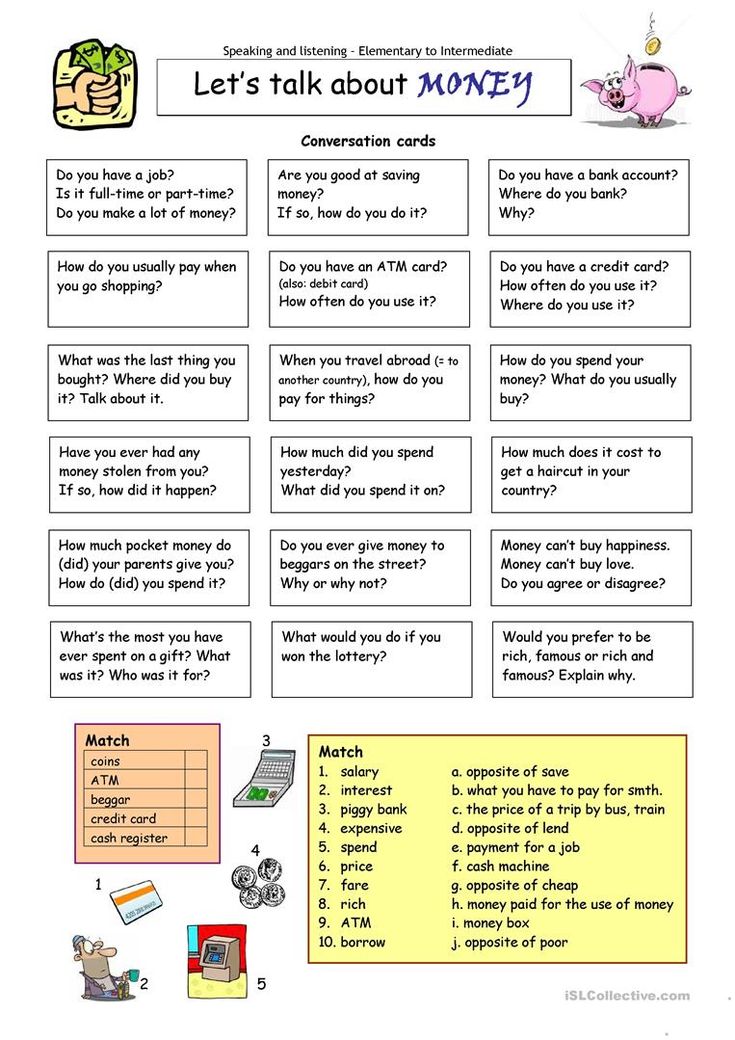 This mission primarily belongs to the parents of the baby. A gifted child can achieve exceptional results in the type of activity that interests him if his relatives follow a series of simple tips:
This mission primarily belongs to the parents of the baby. A gifted child can achieve exceptional results in the type of activity that interests him if his relatives follow a series of simple tips:
- You need to enlist the support of a psychologist who will help you better understand the characteristics of the child . The help of a mentor-teacher will also be useful in determining a plan for the development of a small talent.
- It should be remembered that a talented child should not get hung up on one type of activity . Contribute to the all-round development of the baby. It is necessary to help him develop intellectually, physically, socially and emotionally.
- Do not dominate by making excessive demands on the child . Do not just look at the child's abilities, but also listen to his desires. A talented person is talented in everything. And, for example, a child who is clearly prone to drawing may dream of becoming a football player and, in a business that gives him pleasure, will achieve greater success.

- It is important to understand that it can be difficult for gifted children to find a common language with their peers . We must try to help the child find friends who are passionate about similar interests and close to his level of development.
- It should be explained to a gifted child that one should not be too self-critical, because everything does not always work out the first time . Everyone can make mistakes, and you should not reproach yourself for mistakes.
- It is imperative to praise the young talent, but at the same time feel the measure . To be able to see the good, emphasizing individuality, and constantly overpraise, convincing of exclusivity - these are different things.
Competent upbringing of gifted children must be carried out with pedagogical and psychological support. Such children do not fit into the standard school system, and therefore require a special approach. Stereotyping and stereotyping of kindergarten and school can cause rejection of learning in children with extraordinary abilities.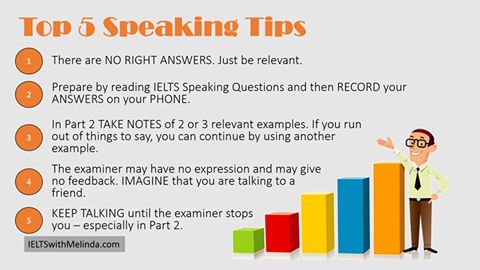
Adults need to take into account the needs and personal characteristics of a gifted child. Will help with this:
- individualization and differentiation of education;
- various extracurricular activities;
- emotional support for a young genius;
- creation of conditions for independent work of a gifted student;
- an objective assessment of his own achievements without comparison with other, less talented children;
- free choice of additional educational services;
- small group work;
- project activities that involve different abilities of children, arouse interest, develop;
- respect for the personality of the little smart guy and tolerance towards him.
Despite his independence and desire for independence, a gifted child needs the support of adults: parents, teachers, and older comrades. Extraordinary abilities need to be developed, “fertilized”, directed in the right direction. At the same time, it is important for parents of a young talent to love their child as he is. Even if, with age, the little genius loses its originality and turns into an ordinary person.
At the same time, it is important for parents of a young talent to love their child as he is. Even if, with age, the little genius loses its originality and turns into an ordinary person.
Development of gifted children in the field of information technology
Today, the classification of giftedness has been replenished with another type of IT-gifted children. Moreover, to determine the level of abilities in this area, it is not enough to compare gifted children with their peers, because most teenagers do not write computer programs and are content with an average knowledge of the basics of computer science.
When identifying gifted children in the field of information technology, they are rather compared with adult professionals in this field. And the prerequisites for IT-giftedness can be determined by the level of abstract thinking, the presence of mathematical logic and the craving for programming.
Giftedness in computer science often leads a child to a weakening of communication skills. Difficulties in interacting with peers are common to almost all gifted children, and children who are passionate about computer science can be more isolated than others, spending a lot of time alone with a computer. Often children with extraordinary abilities in the field of IT are faced with the problem of Internet addiction.
Difficulties in interacting with peers are common to almost all gifted children, and children who are passionate about computer science can be more isolated than others, spending a lot of time alone with a computer. Often children with extraordinary abilities in the field of IT are faced with the problem of Internet addiction.
Meanwhile, they have pronounced creative abilities and high IQ. In the upbringing and education of gifted children in the field of IT, it is necessary to take into account the degree of influence of informatization on their psyche, trying to avoid the negative consequences of being carried away by computer technologies.
Complementary individual training programs will help smooth out such negative factors. It is very important to give a gifted child access to the resource that interests him the most. Programming courses can become such a place for studying information technology.
All the benefits of learning to code with expert guidance are available on the GeekBrains online learning platform, the best place to nurture gifted kids.
GeekBrains education is the best way to develop gifted children
GeekSchool is a programming school for children from 7 to 17 years old. Here, children are helped to master digital skills, broaden their horizons and get promising IT professions. The training program includes the development of various areas of information technology.
Programming:
- Python.
- Scratch.
- JavaScript.
- Artificial intelligence.
Game development:
- Roblox.
- Minecraft.
- Unity.
Digital Creativity:
- Graphics.
- Animation.
- 3D modeling.
- Web design.
Sign up for a trial lesson and learn in an hour how online learning works and which course is best for your child.
GeekSchool ignites the hearts and minds of future IT professionals:
- Career guidance . The child tries himself in the role of different IT specialists and begins to better understand who to work in the future and how to apply his abilities after school.

- Engage in online learning . The children do not just communicate with the teacher, but participate in quizzes, team competitions, tests, physical education sessions, warm-ups, and discussions.
- Improve academic performance . The child, relying on current knowledge, broadens his horizons and begins to be more interested in school subjects.
- Target result . During the training, the child creates several projects: personal after each lesson, team and final at the end of the training.
GeekBrains online school principles:
- Strict selection of teachers . IT-specialists with pedagogical experience work here, who try to earn the trust of the children, answer their questions, carefully give feedback, and always turn on the camera in the classroom.
- Comfortable learning . There are up to 15 children of the same age in each course - this way it is more interesting and easier for them to study, and the teacher manages to devote time to each child.

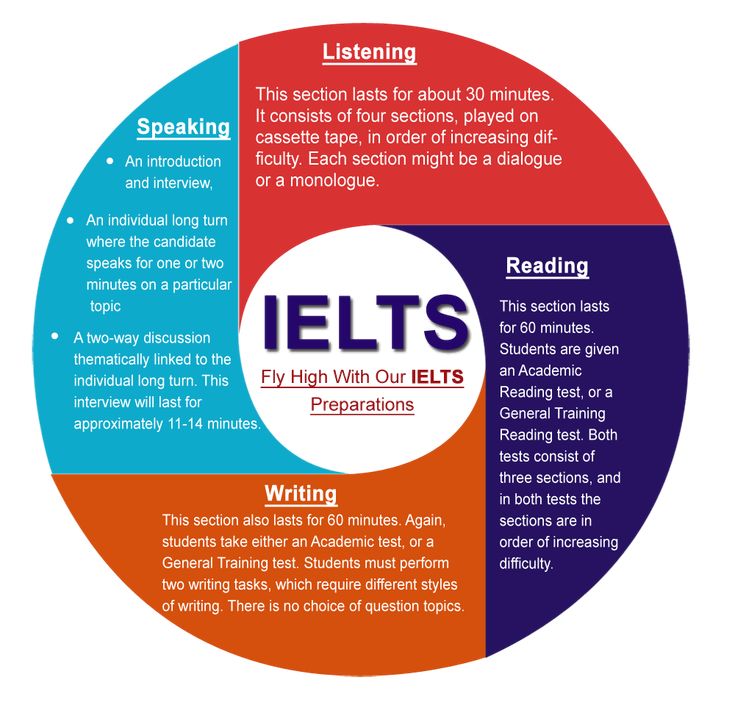 He will learn what to pay attention to and where to try his hand.
He will learn what to pay attention to and where to try his hand. 

